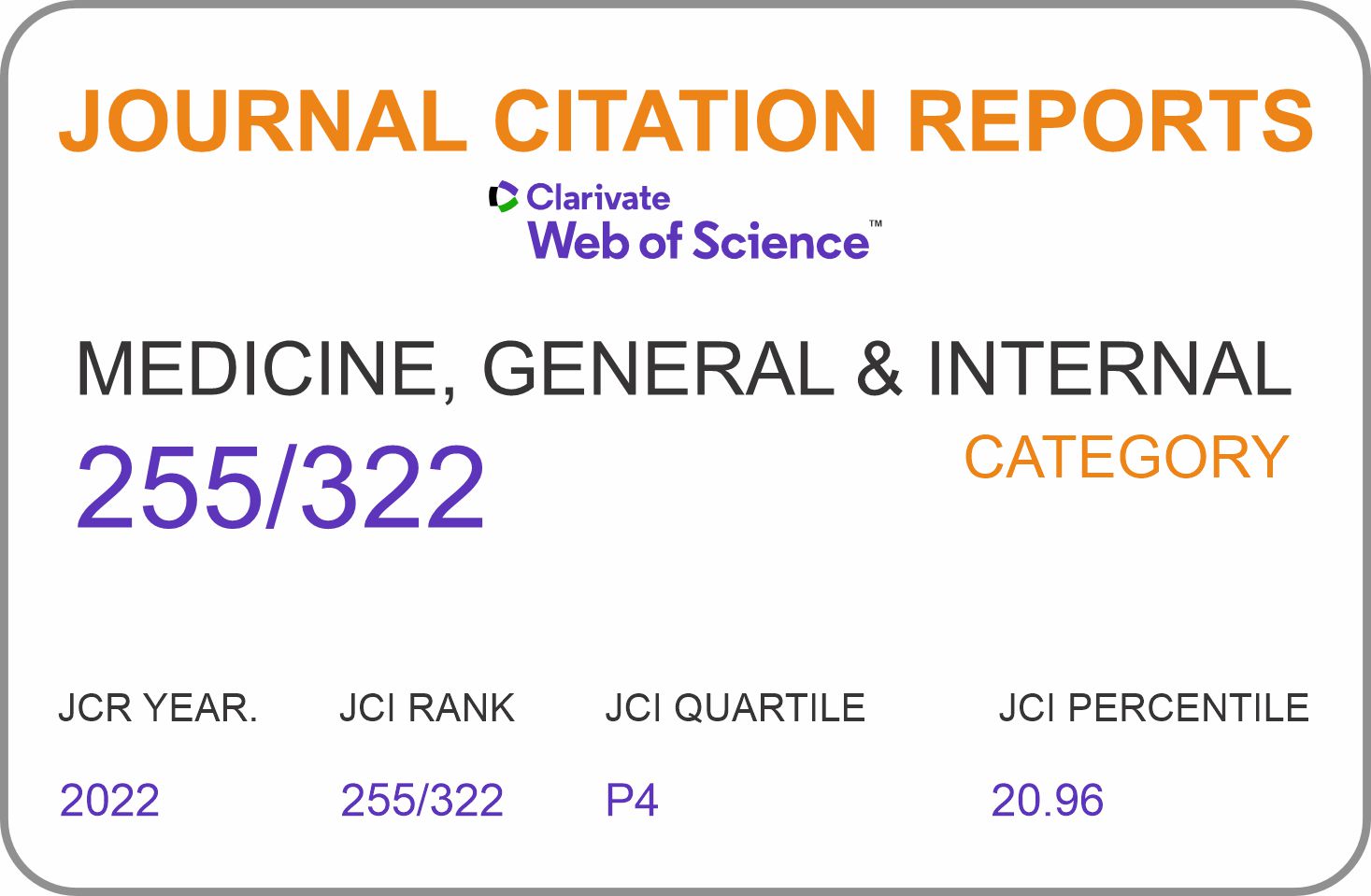Develop the World Health Organization Assessment Instrument for Mental Health System (WHO-AIMS) In IRAN
DOI:
https://doi.org/10.35434/rcmhnaaa.2020.131.622Keywords:
Mental Health System, Mental Health System Assessment Tool, WHO World Health Organization 2013-2020, Mental Health GapAbstract
Introduction: The tool for assessing the Mental Health System of the World Health Organization has been used in different countries in different countries,by which examining the mental health system and identifying their problems along with finding out the instrumental problems are done simoltaneously. Purpose: this study was conducted in order to develop the means of evaluating the mental health system organization of the world health organization in iran. Method: This research is based on the implementation, analytical, and in terms of variables, combination (qualitative and quantitative), and purposeful, exploratory, and from the perspective of the result, an application that was carried out in six phases. Phase I: Review of texts that have been used to recognize the status of countries Different and Iran. Phase II: The status of mental health system in Khuzestan province was investigated and the problems of mental health system and instrumental problems were determined. Phase III: weaknesses and strengths of the mental health system evaluation tool were surveyed in Khuzestan province, Phase IV: To identify the key components of the WHO Mental Health Routing Program and the 2013-2015 operational plan for development of tools, in the fifth phase: The proposed components were embedded in each main field of the tool, and the content of the content validity and content validity index were evaluated by the experts. Result: Finally, 11 main components were identified and 95 questions were designed for them, which in the sixth phase these questions Mental Health Managers were given an exploratory and confirmatory factor analysis and identified their main factors and their impact on the development of the Mental Health Assessment System of the World Health Organization. Using PLS software from 11 components and 95 suggested questions, 6 factors influencing The development of tools has been identified whose impact coefficients include: Leadership and Governance (0.972), mental health and e-service use (0.929), Policy and Legislative Framework (0.697), status analysis (0.613), mental health services pattern for common disorders (0.413), mental health promotion services (0.259). Conclusion: The development of the Mental Health Assessment Tool of the World Health Organization in Iran will help identify the mental health gap and, with regard to the problems, will be the best pattern for providing mental health services















